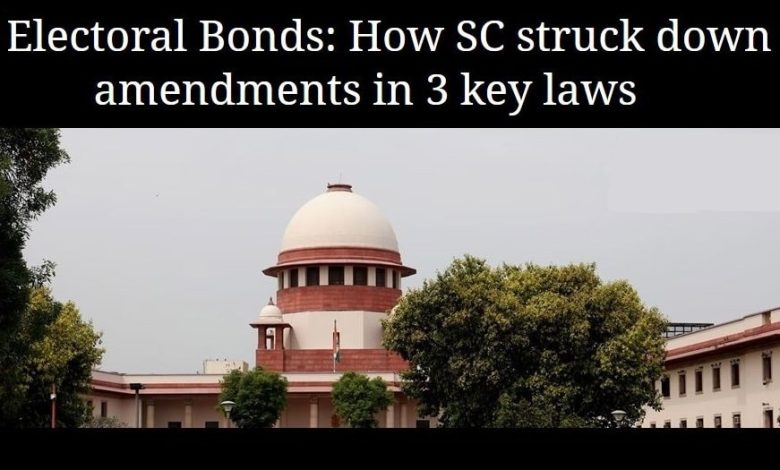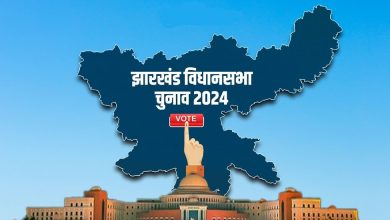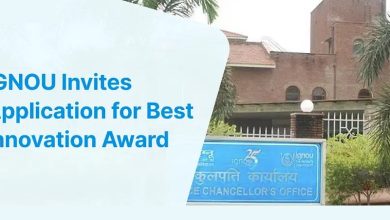The Electoral Bond Scheme Invalidated by the Supreme Court
Reading out the verdict, Chief Justice of India DY Chandrachud said the bench would deliver two separate but concurring opinions.

A five-judge Constitution bench of the Supreme Court on Thursday delivered a unanimous verdict against the Centre’s electoral bond scheme for political funding. Reading out the verdict, Chief Justice of India DY Chandrachud said the bench would deliver two separate but concurring opinions.
While one opinion is written by the CJI himself, the other opinion is written by Justice Sanjiv Khanna, who has different reasons for reaching the same conclusion.
The court decided the following issues:
1. Can the Electoral Bond Scheme violate the Fundamental Right to Information under Article 19(1)(a) of the Constitution?
The court said that since information about funding of political parties is necessary, the electoral bond scheme violates the right to information.
2. Does unlimited corporate funding violate free and fair elections?
In lieu of a link between political funding and policy making, CGI said that the lack of disclosure about corporate funding is unconstitutional.
On the government’s contention that the electoral bond scheme curbs black money and its proliferation, the court said it does not justify encroachment on fundamental rights.
Here the Supreme Court applied the three-pronged test outlined in the 2017 Puttaswamy judgment, which upheld privacy as a fundamental right and concluded that the electoral bond scheme was not the least restrictive approach that the government could have adopted. According to the proportionality test, the government scheme must meet three aspects.
First, the existence of a law. The electoral bond key was introduced through the Finance Act which introduced a series of amendments to the Income Tax Act and the Representation of the People Act.
Second, the law must demonstrate a legitimate state interest that is related to the objective sought to be achieved by Parliament. The government argued that the purpose ranged from curbing black money to protecting the privacy of donors.
Third and most important is whether the encroachment on fundamental rights is disproportionate to the objection to be received. Here, CJI DY Chandrachud said that the state did not adopt any restrictive method. As an example of the least restrictive practices, CJI Chandrachud cited the ₹20,000 limit on anonymous donations.
The Court declared the amendment to Section 29C of the Income Tax Act and the Representation of the People Act as unconstitutional. The Court also said that the State Bank of India (SBI) will “immediately stop issuing electoral bonds” and furnish all details of those who have encashed the bonds so far.
It is noteworthy that the court has directed the Election Commission of India to publish these details on its website by March 31.
Also Read: MTech in Energy Transition and Sustainability at IIT Abu Dhabi Campus Begins with 19 Students






